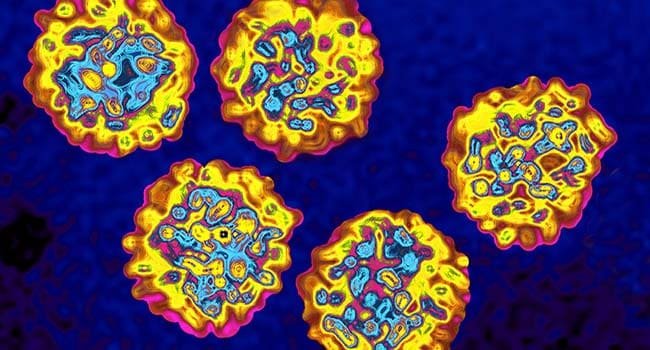Revolutionizing Hepatitis B Detection: Abbott’s HBsAg Next Qualitative Solution
Early Detection for Improved Patient Outcomes
Hepatitis B, a potentially life-threatening liver infection caused by the Hepatitis B virus (HBV), remains a significant global health concern. Recognizing the urgent need for improved diagnostic tools and early detection methods, global healthcare leader Abbott has unveiled a groundbreaking solution to enhance the identification of HBV in India.
Advanced Technology for Early Identification
The new HBsAg Next Qualitative assay offers advanced technology for detecting the virus in human serum and plasma samples. This highly sensitive chemiluminescent microparticle immunoassay (CMIA) allows for the enhanced and early detection of HBV in human serum and plasma samples. By detecting the HBV surface antigen (HBsAg), the assay aids in identifying infected individuals, especially those in immunocompromised groups.
Overcoming Diagnostic Challenges
Traditional diagnostic methods have often struggled to provide accurate results, especially in challenging cases. The HBsAg Next Qualitative solution overcomes these challenges by delivering the highest level of assay performance. This ensures the reliable detection of HBV infections, even in cases that were previously difficult to diagnose.
Expert Testimonials Validate the Innovation
Dr. Jaganathan Sickan, Senior Associate Director, Medical Affairs, Core Diagnostics at Abbott, emphasizes the significance of the HBsAg Next qualitative assay in India. He states, “In India, Hepatitis B screening is vital since it is vastly under diagnosed. With HBsAg Next qualitative assay, laboratories in India can now detect HBV earlier than ever. This will help physicians identify at-risk patients sooner, which in turn leads to early treatment and care.”
Addressing a Global Health Challenge
Hepatitis B is a widespread infection that affects millions of people worldwide. Approximately 296 million individuals live with chronic hepatitis B, with a substantial portion of these cases concentrated in India. Furthermore, co-infections with HIV further complicate the scenario. Despite its prevalence, many cases of Hepatitis B go undiagnosed, highlighting the need for improved detection methods.
Towards a Hepatitis-Free Future
The World Health Organization (WHO) has set ambitious targets for eliminating viral hepatitis as a public health concern by 2030. To achieve these goals, effective diagnostic solutions are essential. The HBsAg Next assay, with its superior sensitivity and specificity, can play a crucial role in advancing India’s efforts toward HBV diagnostics and care.












